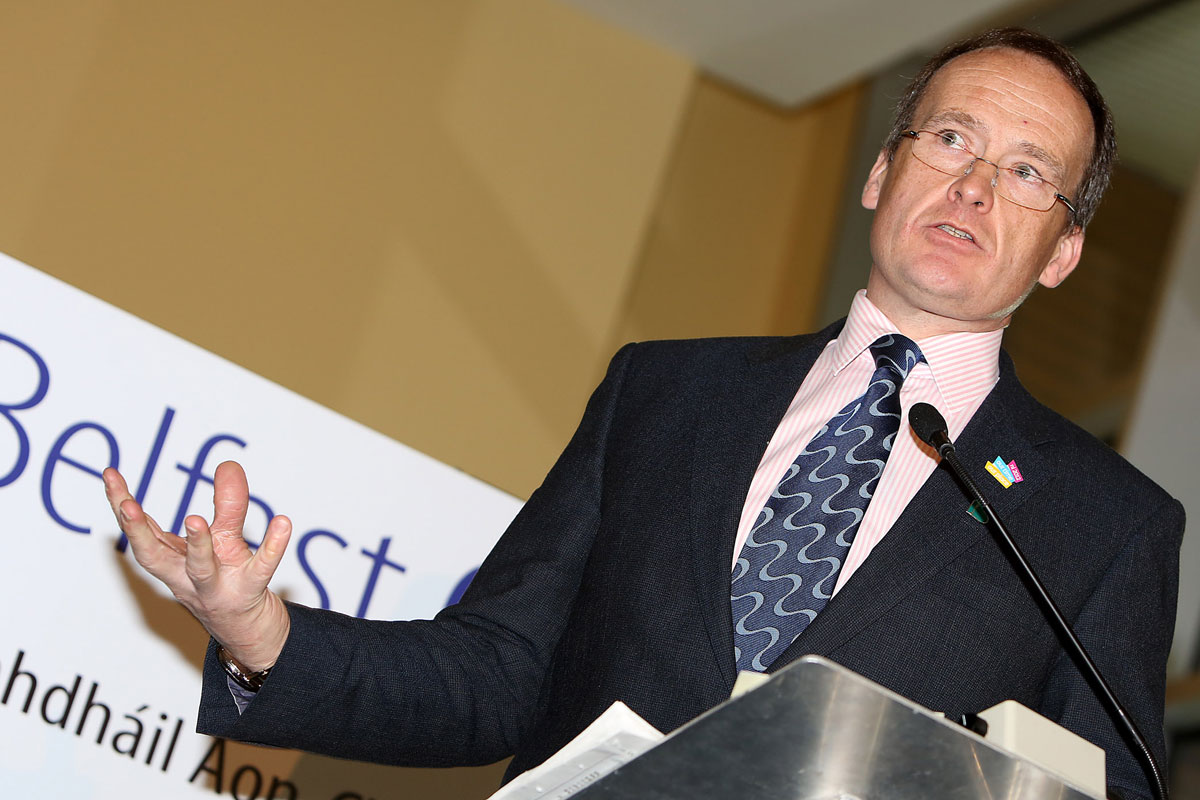IN 2012, Belfast’s tourism scene is more about Titanic than the Troubles, but the city would be wise not to forget the political and historical value of what was once dubbed “dark tourism”.
Those were the words of West Belfast MP Paul Maskey, who issued a challenge to local tourism chiefs, citing the huge interest that remains in the Irish conflict from a historical and educational perspective – an interest that still brings hordes of international visitors into the heart of his constituency on a daily basis.
With this year marketed as ‘Our Time, Our Place’, the One City debate of the same name saw Mr Maskey joined by Tim Husbands, the CEO of the Titanic Signature project, which hosted a section of the conference.
As One City took place in the conference rooms upstairs in the spectacular building, the hundreds of visitors downstairs – even early on a Friday morning – proved that a new chapter in Belfast tourism has truly opened. And Mr Husbands revealed that since opening less than two months ago, the building has had over 120,000 visitors through its doors.
“We have enjoyed worldwide media coverage and it’s important we build further on that,” he said. “We are pleased to see that every agency is helping bring visitors to us, and product development is key. We are keen to link our project to other historically related sites in the city, including, for instance, Conway Mill.”
Mr Maskey told the debate, which was chaired by the NI Tourist Board’s Howard Hastings, that although the Titanic legacy was key in bringing visitors to Belfast, it may not be enough to keep them here.
“The fact is, political tourism is big, and I don’t think it’s given enough attention by the Tourist Board,” he said.
The murals and memorials across West, North and East Belfast are still a highlight for many visitors keen to learn about the conflict and social history of the city, and numerous black taxi, bus and walking tours keep cash flowing into the local economy.
“This political and historical tourism needs to be invested in,” he continued. “Unfortunately there was a stage when it was called ‘dark tourism’, which I think was horrendous.”
Mandy Patrick of the Park Avenue Hotel highlighted how other cities have dealt with a difficult legacy – while also forging a new identity – to the benefit of the local tourism industry, including Berlin.






